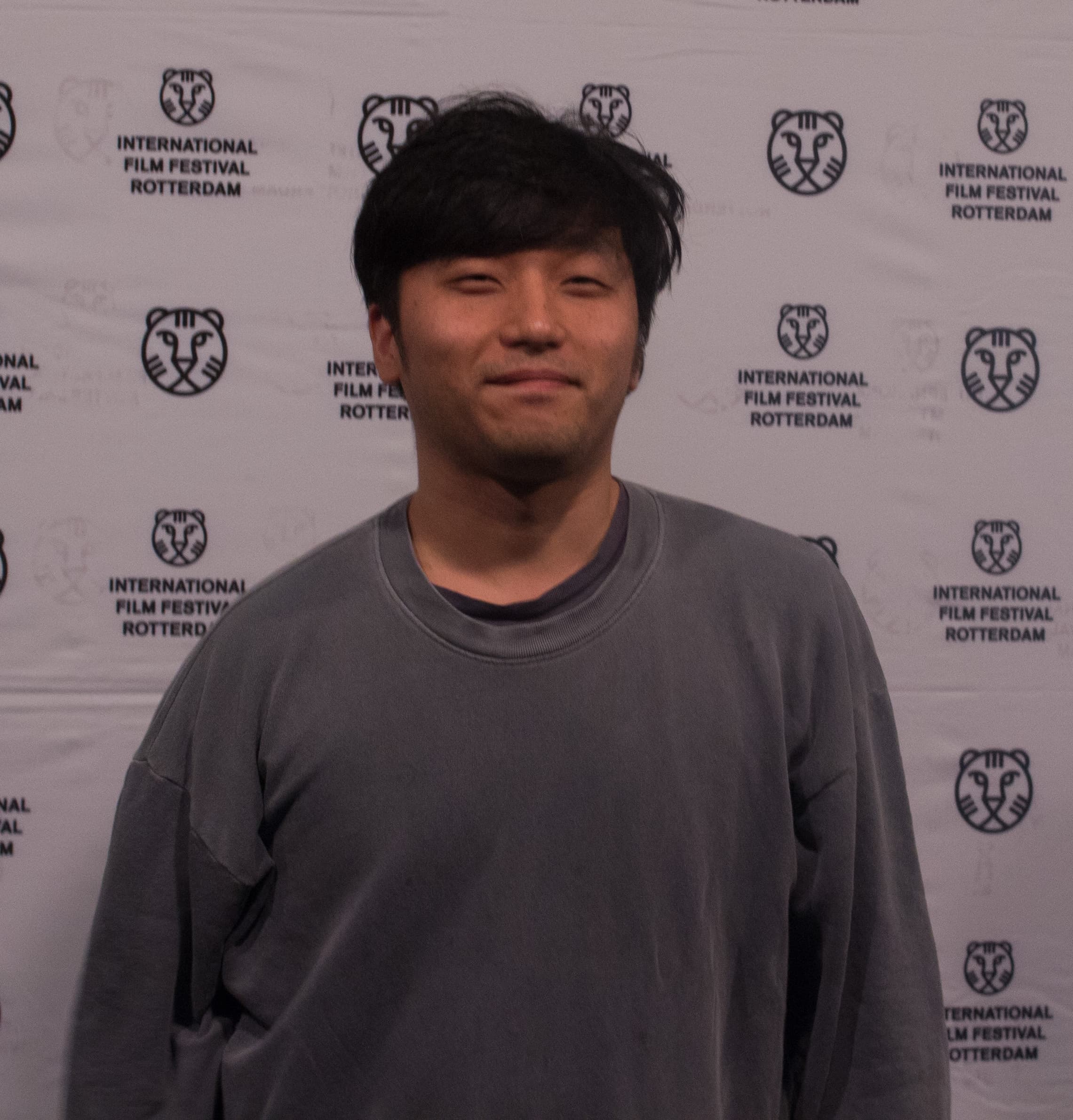
Stop the sentencing of Jung Yoon-suk!
The International Coalition for Filmmakers at Risk (ICFR) asks the global film community to speak out in support of South-Korean filmmaker Jung Yoon-suk, and calls upon the authorities of South Korea to immediately and unconditionally drop all the charges leveled against him. As a result of his attempt to document the political riots in the country in January of this year, Jung Yoon-suk will be sentenced to a one-year imprisonment in court on Friday August 1, without the option to convert the sentence to a fine.
Jung Yoon-suk is a documentary filmmaker who has spent the past two decades documenting his country’s political turmoil and public grief. His films have revolved around such real-life topics as the the 2014 Sewol Ferry disaster and the deadly crowd crush in Itaewon on Hallowe’en, 2022. His 2014 film Non-Fiction Diary, on South Korea’s late-1980s transition from a military-led society to a democracy, won many plaudits around the world, including the Netpac Award at that year’s Berlinale. From 2013-2017, Jung Yoon-suk was blacklisted and surveilled by the Park Geun-hye administration’s National Intelligence Services for his incisive, socially engaged activities. His 2017 film Bamseom Pirates Seoul Inferno screened at a.o. International Film Festival Rotterdam, for which he was blacklisted by a previous South Korean government. In 2018, he pitched his project LASH at IDFA Forum.
On January 19 of this year, Jung Yoon-suk tried to document the riots unfolding outside Seoul’s Western District Court, in the wake of the country’s political upheaval and temporary martial law earlier that winter. Despite documenting alongside other journalists, Jung Yoon-suk was singled out and arrested with rioters, and his current court procedure, which is taking place without any interview conducted or any evidence provided, levels the accusation of “trespassing and burglary of a special building” against him. Some of Jung Yoon-suk’s footage was shown in broadcaster JTBC’s documentary 12 Days of Civil War earlier this year.
On August 1, Seoul’s Western District Court sentenced Jung Yoon-suk to one year imprisonment, and he is appealing the verdict to the High Court next. He writes: "The trial court ruled that documentary filmmaking is different from journalism. It stated that I could make a documentary without filming it myself. This is a very strange ruling. This ruling reveals a fundamental lack of understanding on the part of the court regarding documentary filmmaking and the nature of cinematic art. Capturing the reality of a situation as it is is at the heart of my work, and to say that I could do so even from a distance completely misunderstands the nature of filmmaking.”
Despite his requests, he has been denied a jury trial as well as the possibility of appeal. Without any thorough investigation or interview, felony charges have been leveled at Jung Yoon-suk and treating him as a criminal. He was sentenced
The ICFR stands with Jung Yoon-suk and joins the Association of Korean Independent Film & Video (KIFV), the Busan International Film Festival (BIFF) and other colleagues in South Korea in the urgent appeal to the Korean authorities to drop all the charges and release Jung Yoon-suk to immediate safety. We strongly urge our film colleagues around the world to make themselves heard in support of Jung Yoon-suk; as he himself said in his own closing statement earlier this month: “In a democratic society, artists serve as the watchdogs of history (...) For an artist, expression is not merely a matter of freedom; it is a matter of human rights, guaranteeing our dignity and our rights as human beings.”
(Photo credits: Vera de Kok, during IFFR 2017)